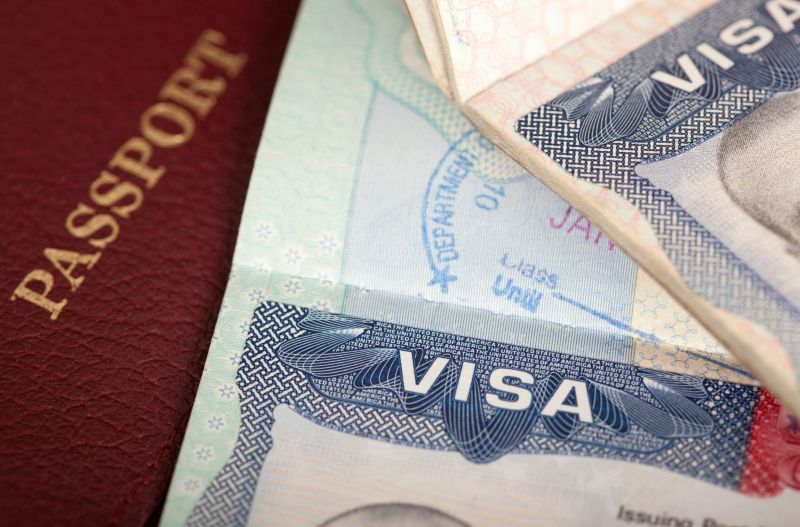
Starting August 20, 2025, the U.S. introduces a one-year pilot scheme requiring travelers from countries like Malawi and Zambia to post a refundable bond between $5,000 and $15,000 when applying for a business (B‑1) or tourist (B‑2) visa. The exact amount is decided by the consular officer at the visa interview.
If the guest obeys the visa terms and departs before expiry, the bond is fully refunded. Overstays or status violations, however—even asylum applications—could lead to forfeiting the bond.
Although Nigeria isn’t on the initial list, this scheme may soon extend to Nigerian citizens—especially those from countries with high overstay rates or inadequate travel data, according to U.S. State Department criteria.
This adds extra cost and stress to travel plans—families and business visitors may need to budget thousands up front just to apply. If only able to fly through airports like Boston Logan or JFK (as required), that complicates travel logistics further.
The bond pilot is part of a broader “immigration integrity” push by the current U.S. administration, reviving earlier plans dropped during the Covid crisis. DHS reports show many overstays—renewed focus led to a parallel “visa integrity fee” of $250 on non-immigrants, set to begin in October 2025.
Critics, including the U.S. Travel Association and Going to board, call the bond an unfair financial barrier, calling it a “legalized shake-down” for less wealthy travelers.
The pilot expects roughly 2,000 applicants, potentially generating $20 million in temporary bonds.
| Topic | Details |
|---|---|
| When it starts | August 20, 2025 (runs 12 months) |
| Who is affected | Currently: Malawi & Zambia; more countries may be added |
| Bond amount range | $5,000 – $15,000 (determined during interview) |
| Refund conditions | Must comply with visa terms: depart on time, no status violations |
| Financial impact | Expensive upfront cost; may discourage legal travel plans |
Could this be a smart way to enforce visa rules—or is it just another way to keep poorer travellers out? Only time will tell.